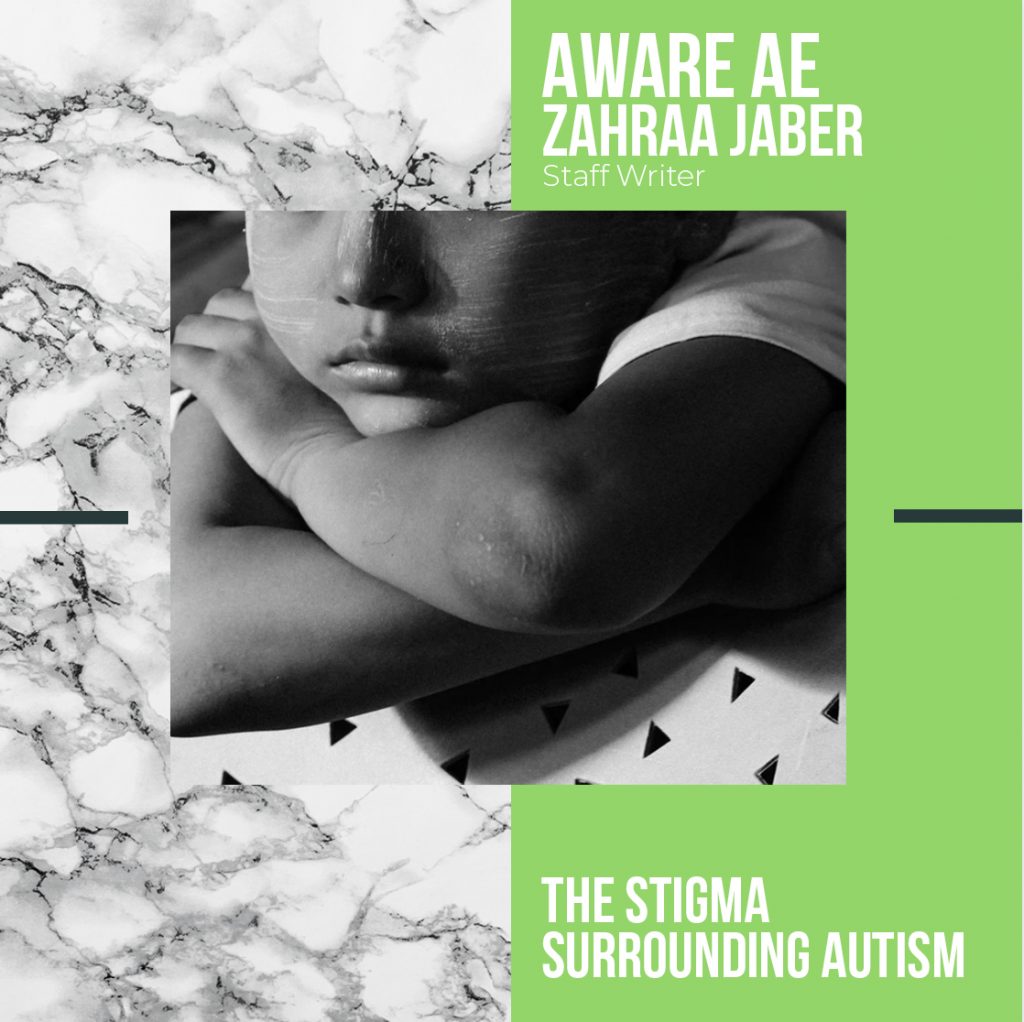More often than not, children diagnosed with autism are vulnerable to stigma in ways that children without this diagnosis are not. This stigma affects them mentally, physically, and socially.
What is Autism?
According to Autism Speaks, autism refers to a “broad range of conditions characterized by challenges with social skills, repetitive behaviors, speech and nonverbal communication.” Autism affects an estimated 1 in 54 children according to research done by the Centers for Disease Control. What many people fail to understand is the fact that autism is not only one thing, but rather many subtypes that are mostly influenced by a person’s combination of environmental and genetic factors. With that being said, because autism is a spectrum, you will find that each person has a distinct set of strengths and challenges. The ways in which people with autism think, learn, and problem-solve can range from severely challenged to exceedingly skilled. So, some people with autism may require momentous support in their daily lives, while others may need less support and, in some cases, may even live completely independently. Although medical professionals have become much better at diagnosing autism, many suffer at the hands of the cruel feeling that they are not accepted as the positive aspect of who they are.
Stigma Surrounding Autism
Historically, autism has carried a lot of stigma due to the misconceptions and the general lack of knowledge regarding it, which has led to parents keeping their children from getting a diagnosis or the assistance that they may need. Autism represents a prejudice that we as a society must overcome. Society fears what diverges from the “norm”, and thus this fear leads to frame those who are different as “lesser” beings than those who are “normal”. The most common misconception regarding autism is the fact that it is indistinguishably linked to intellectual disabilities. However, Rosa Hoekstra, a lecturer in psychology at the Open University led a study which found that the genes for autism are completely distinct from those with learning disabilities. She has also said that “autism and intellectual disability often occur together in clinical settings, and this has made many researchers think that the conditions must share the same genetic causes. Our research challenges this assumption.” People with autism exhibit a wide range of intellectual ability, including exceptional intellect, which is why they are less likely to be diagnosed. Those with autism are no less than any other human being, but, when dealing with divergent thinking and feeling, society can often be extremely narrowminded. Increasing the awareness and acceptance of autism can do wonders for the children who are living with it every day because the earlier that people with autism are diagnosed and treated, the sooner they can get therapy and develop their coping skills.
How Can We Overcome the Stigma?
In order to overcome the stigma surrounding autism, we must aim for changes in perception that promote acceptance to all people, rather than marginalizing one group over another. Awareness and the barriers around inclusion are the areas that we must prioritize work on as a society. Increased awareness is the most vital key to eradicating the stigma surrounding autism. We must educate people on autism and how to treat those who have it. Also, this awareness must be fostered by adults, such as parents and teachers, and incorporated into our educational systems. The best way to normalize something is to talk about it. In various different ways and to many different degrees, people in countless countries view autism as a source of disappointment, irritation, disgrace, or even worse when that is not the case. According to some researchers, this stigma may keep families from seeking a diagnosis and services of aid for their children from fully participating in their communities and enjoying the same quality of life as other children, which is why it is extremely paramount to work on minimizing the stigma and misconceptions surrounding autism. It is our duty as a society to increase knowledge and understanding of such issues and to be more sensitive to the reality and the needs of these children and their families.
Simply put, stigma greatly influences public health. We must stand beside children with autism and work to end the stigma for good.
